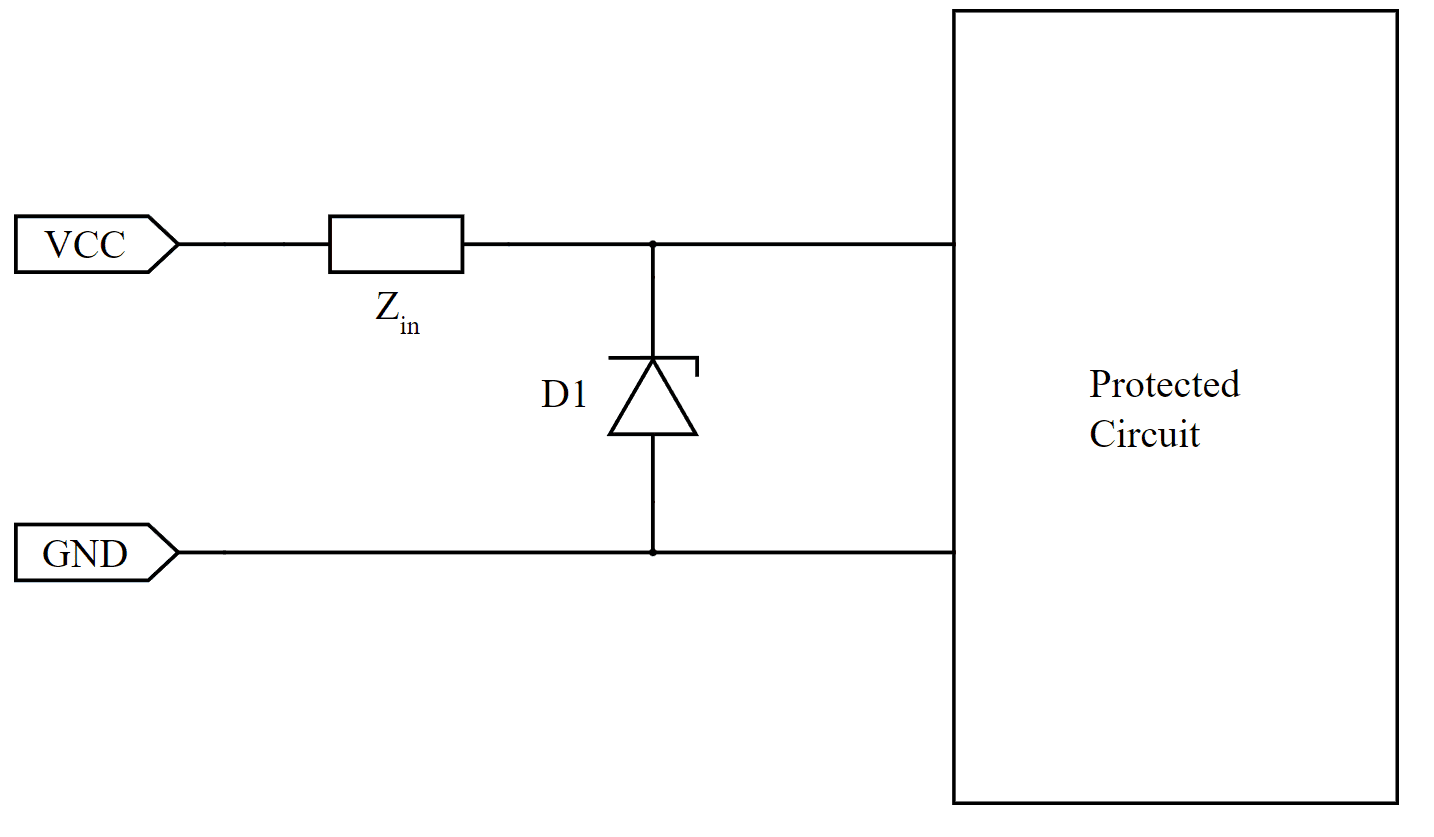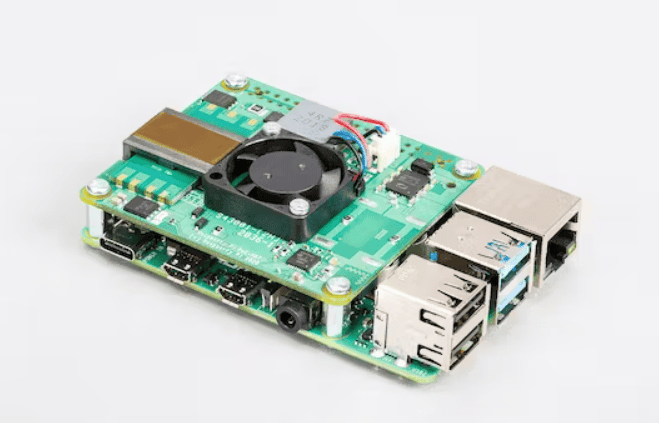Product added to cart
All Raspberry Pi models function within a voltage range of 4.75 to 5.25 volts. It's important to note that when the Raspberry Pi draws current, there might be a slight voltage drop, which could trigger an undervoltage condition. Therefore, it is recommended to use a power source with a slightly higher voltage and employ a DC-DC step-down regulator to stabilize the input voltage at 5.2 to 5.3 volts for optimal performance.






Please complete your information below to login.
Sign In
Create New Account